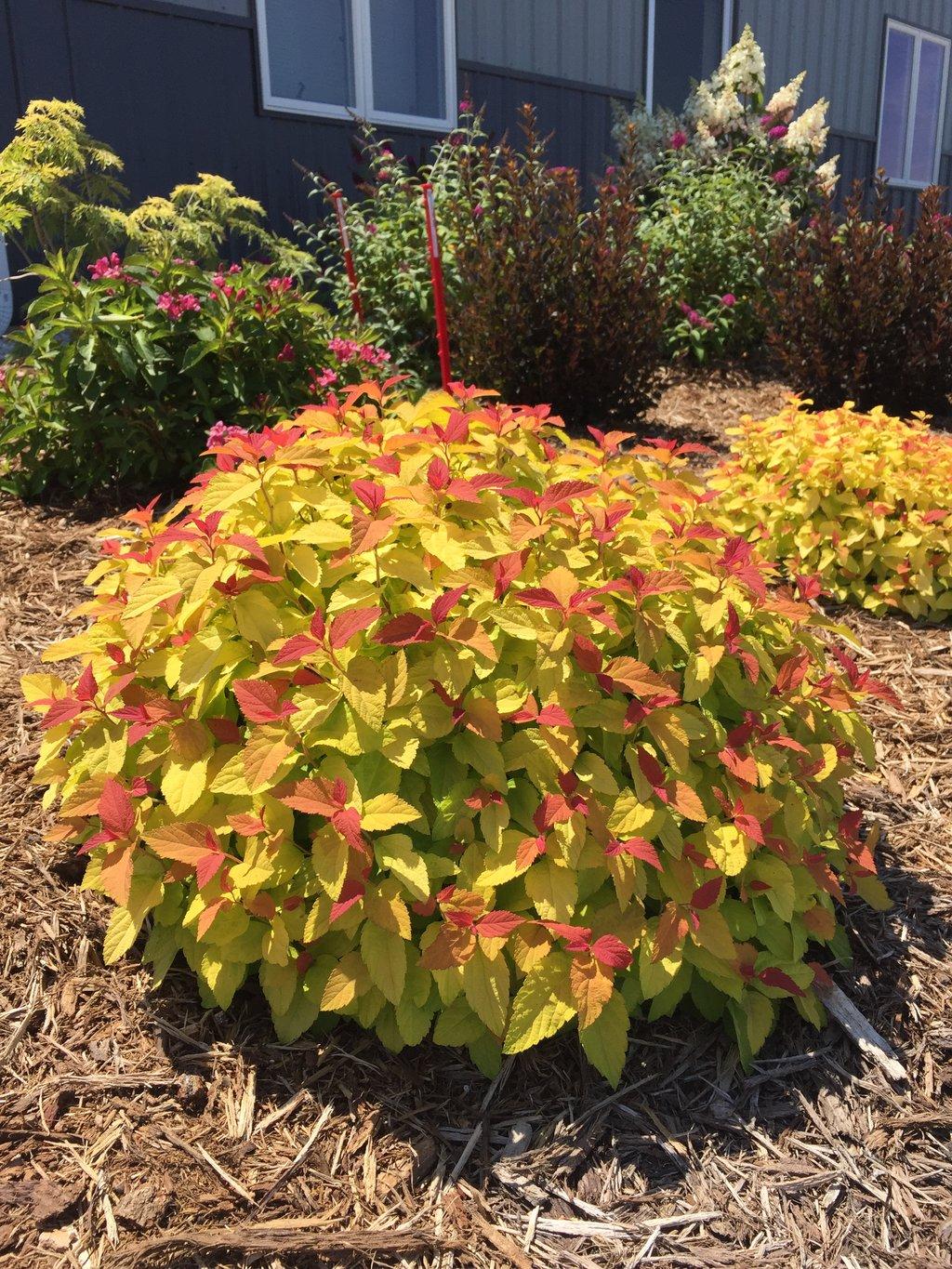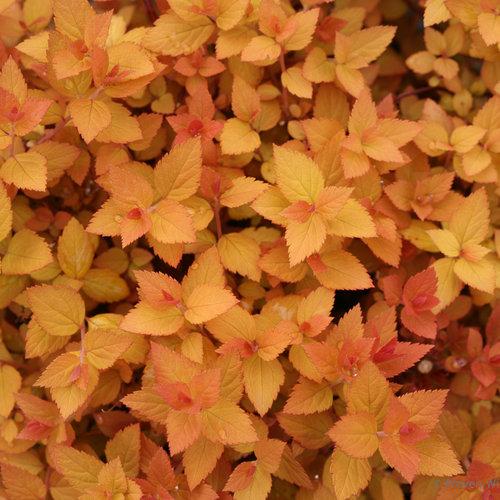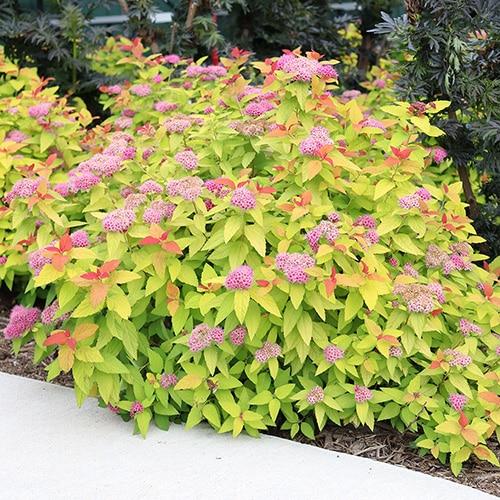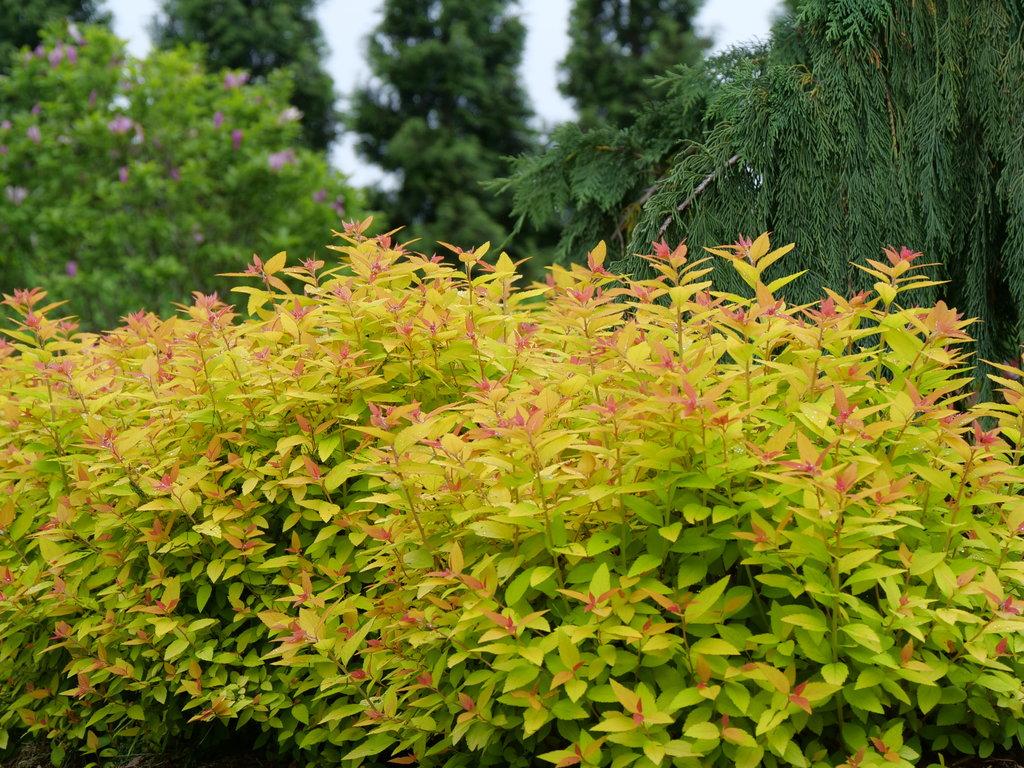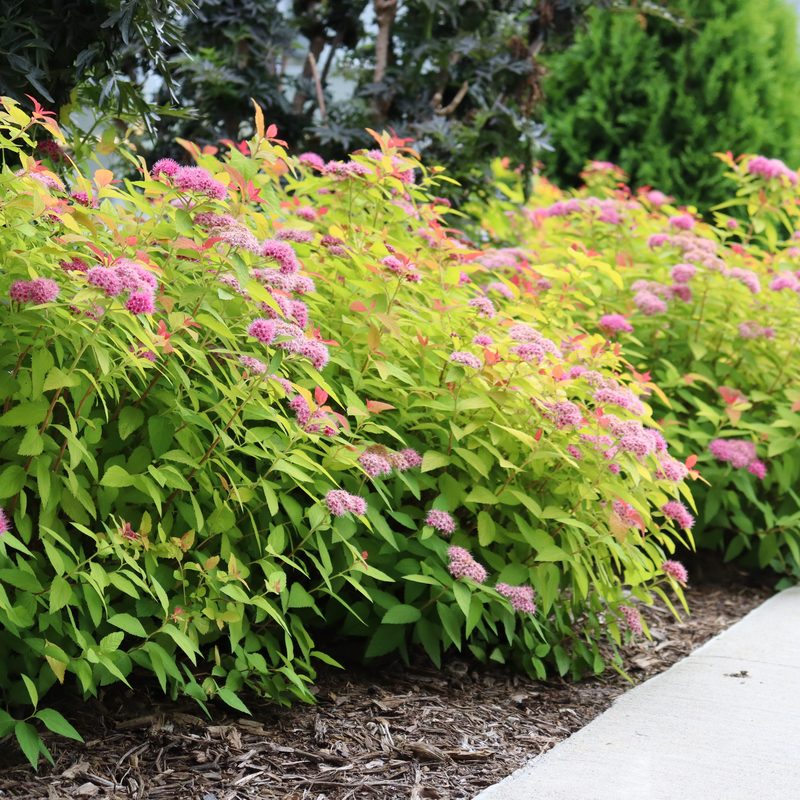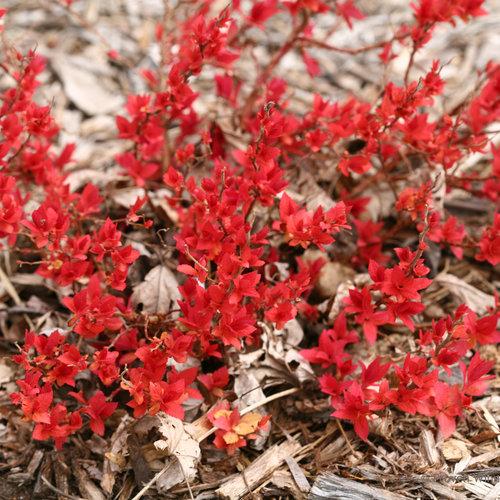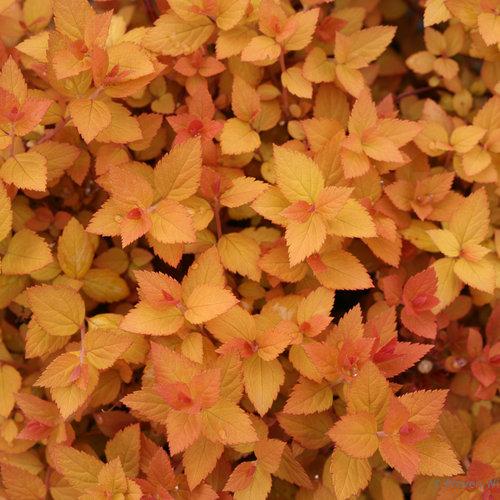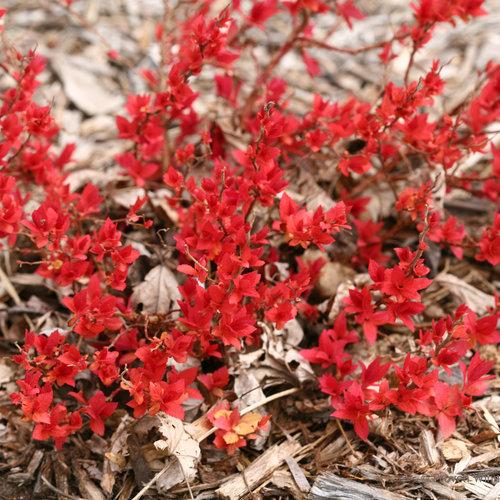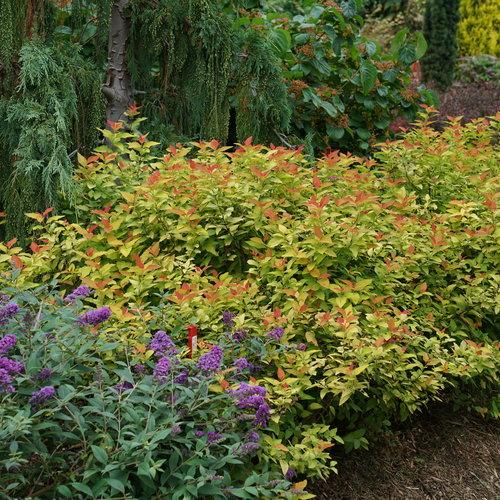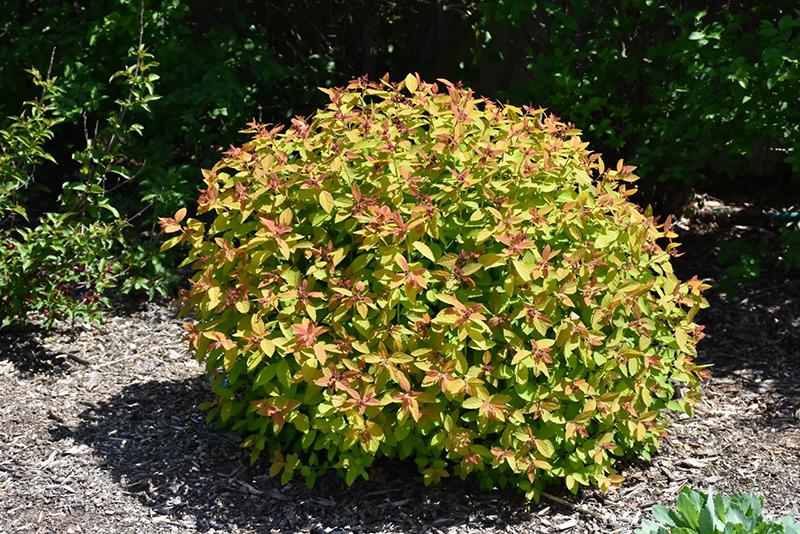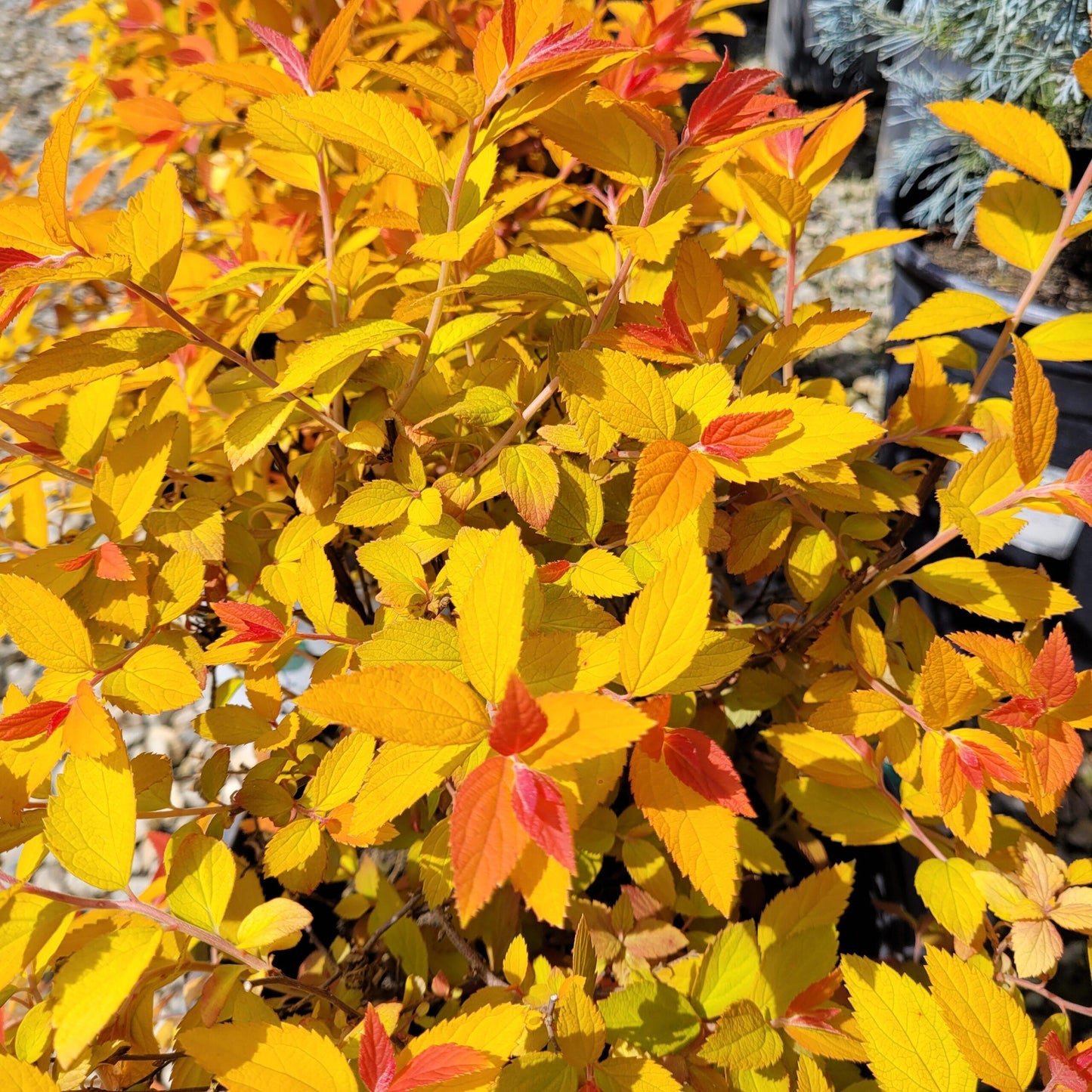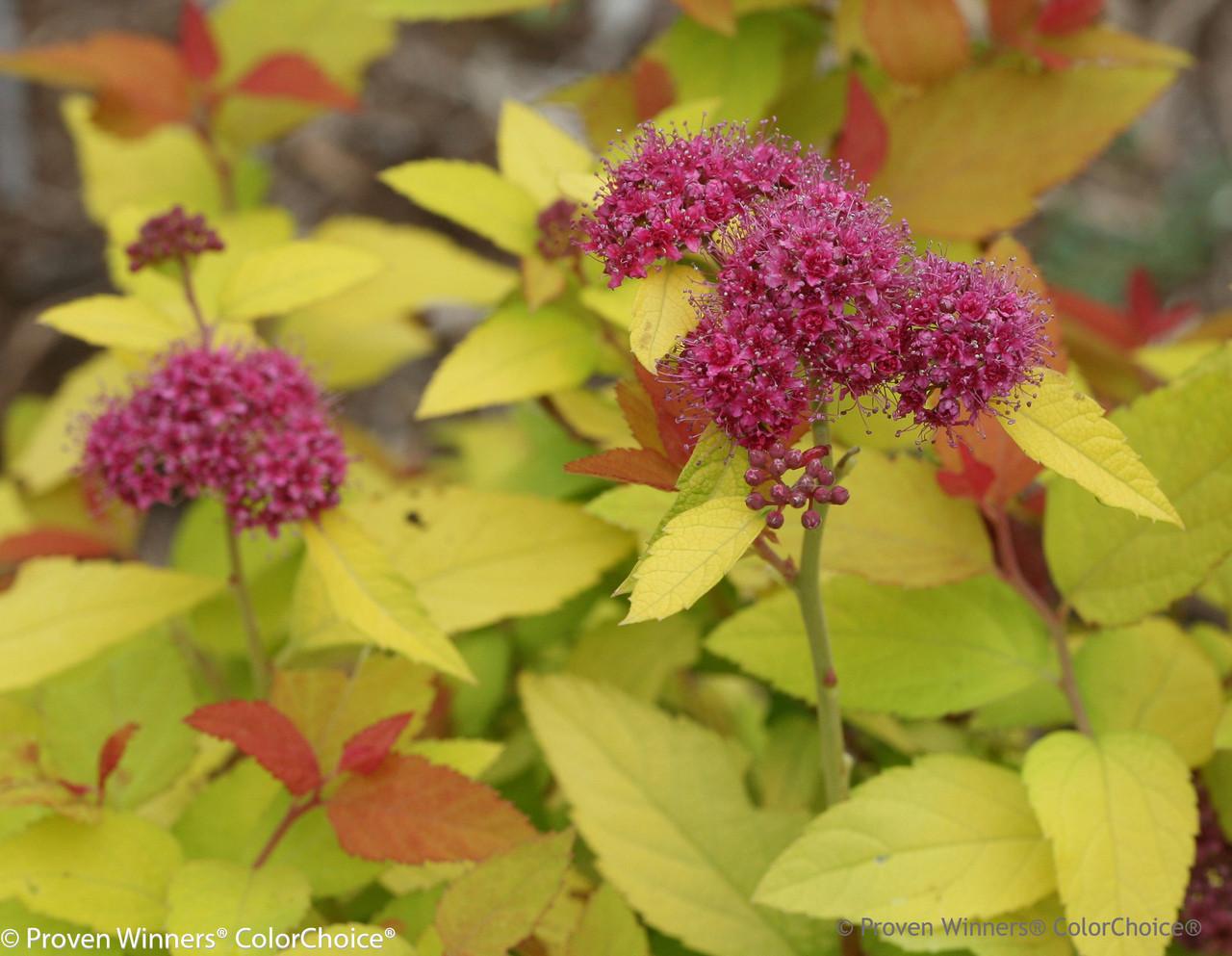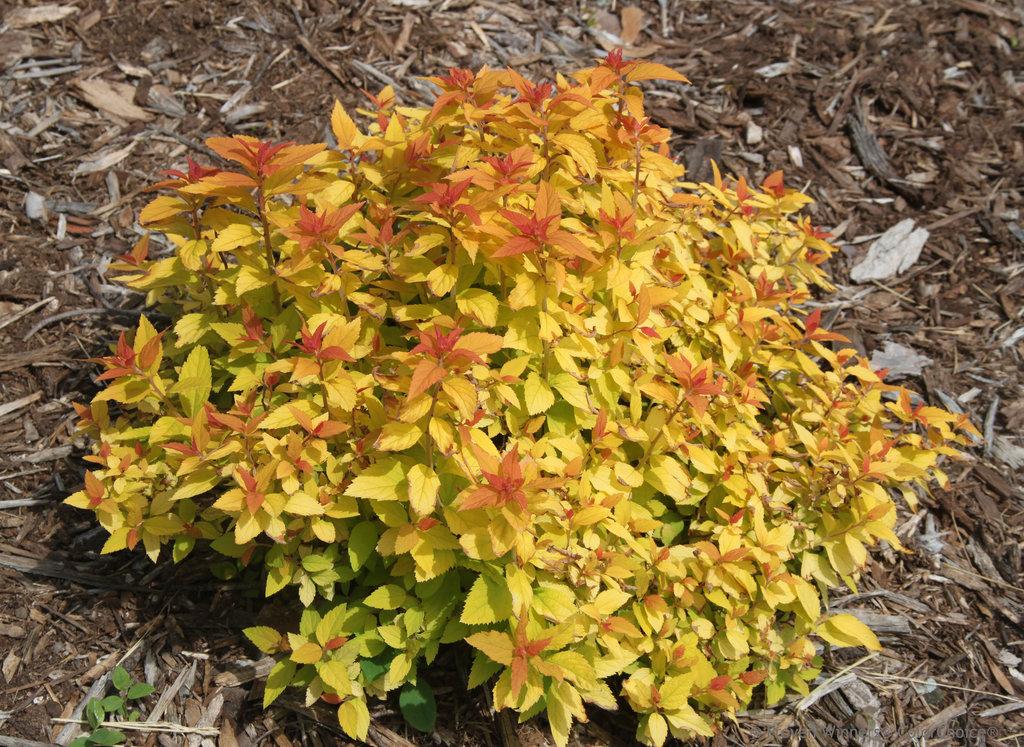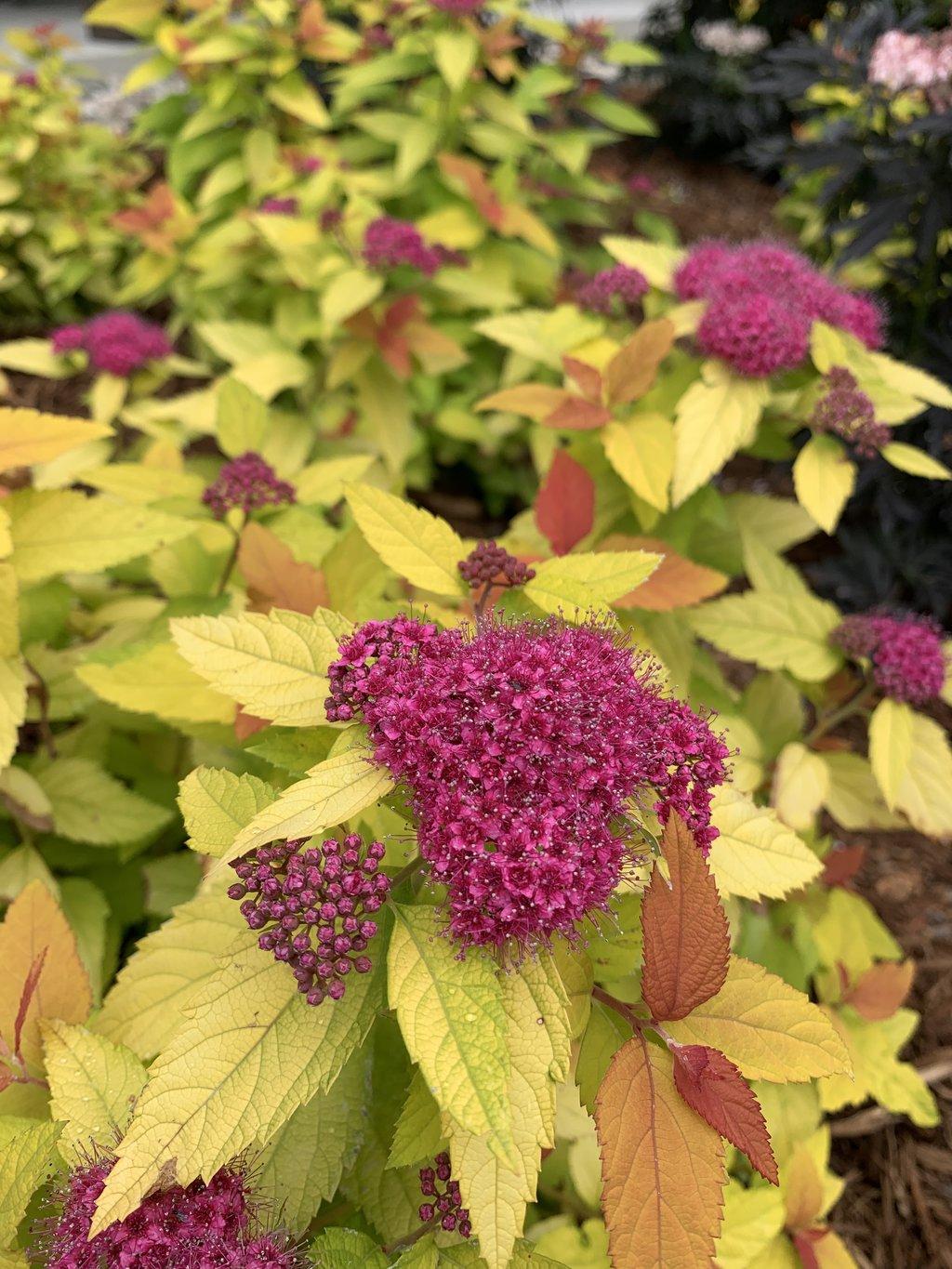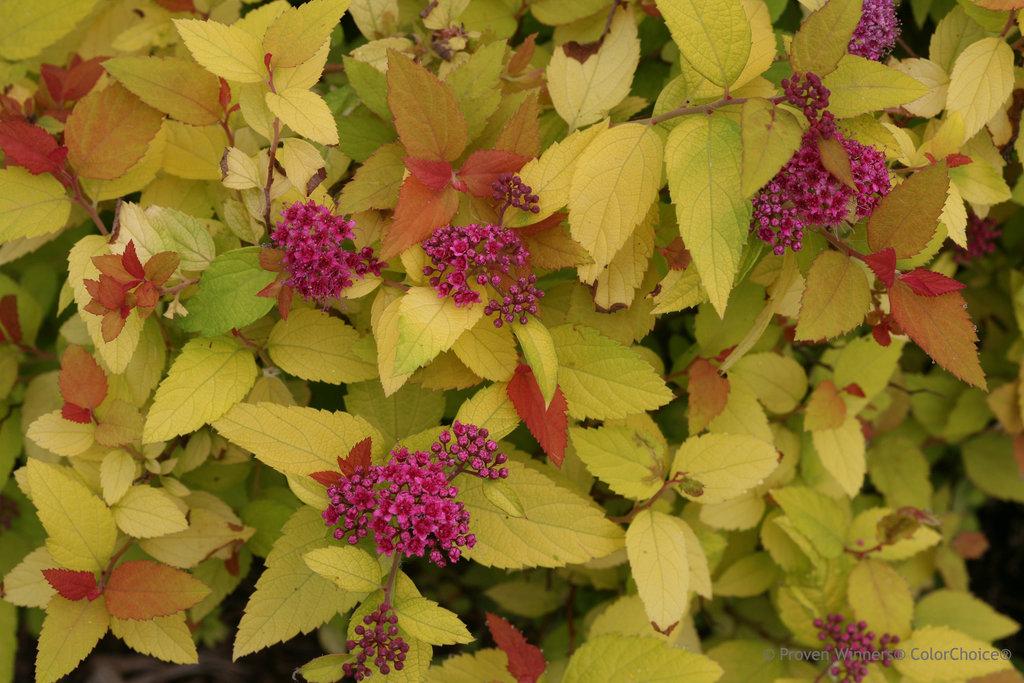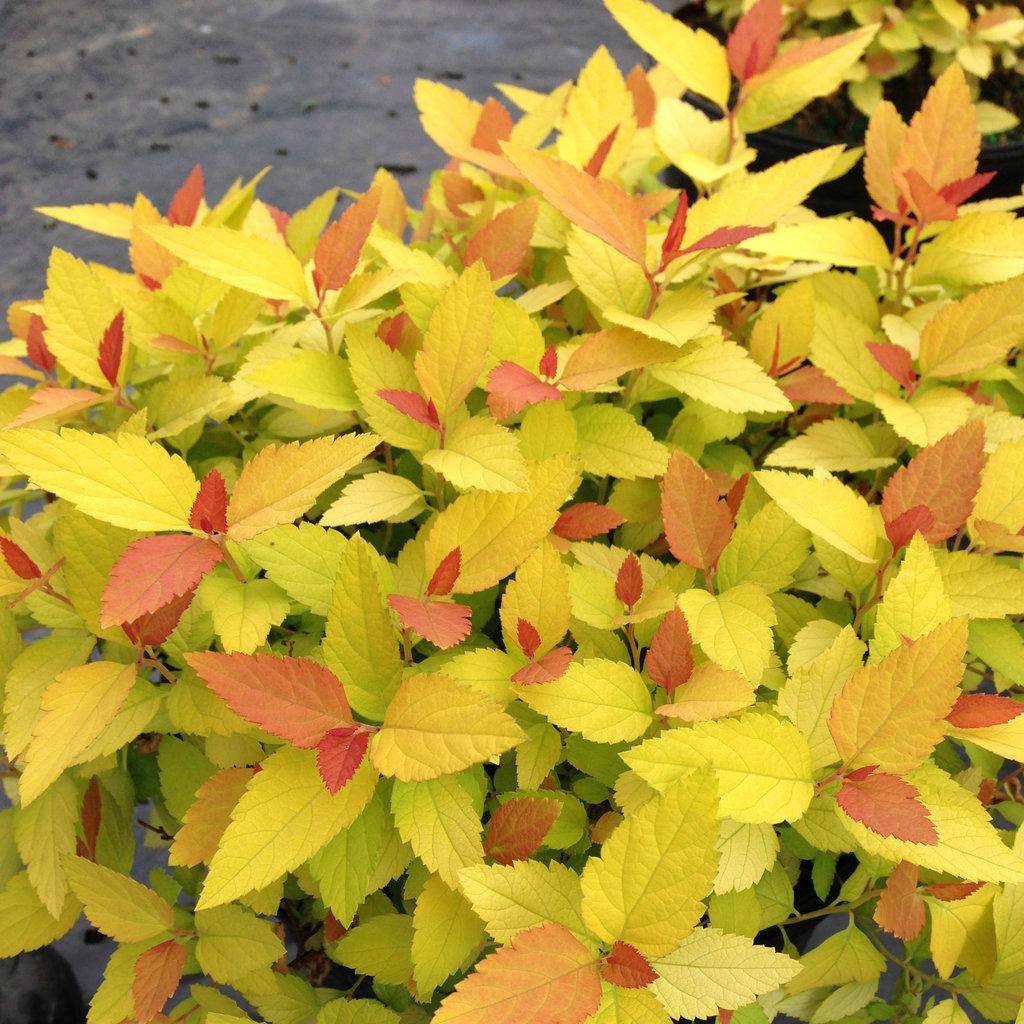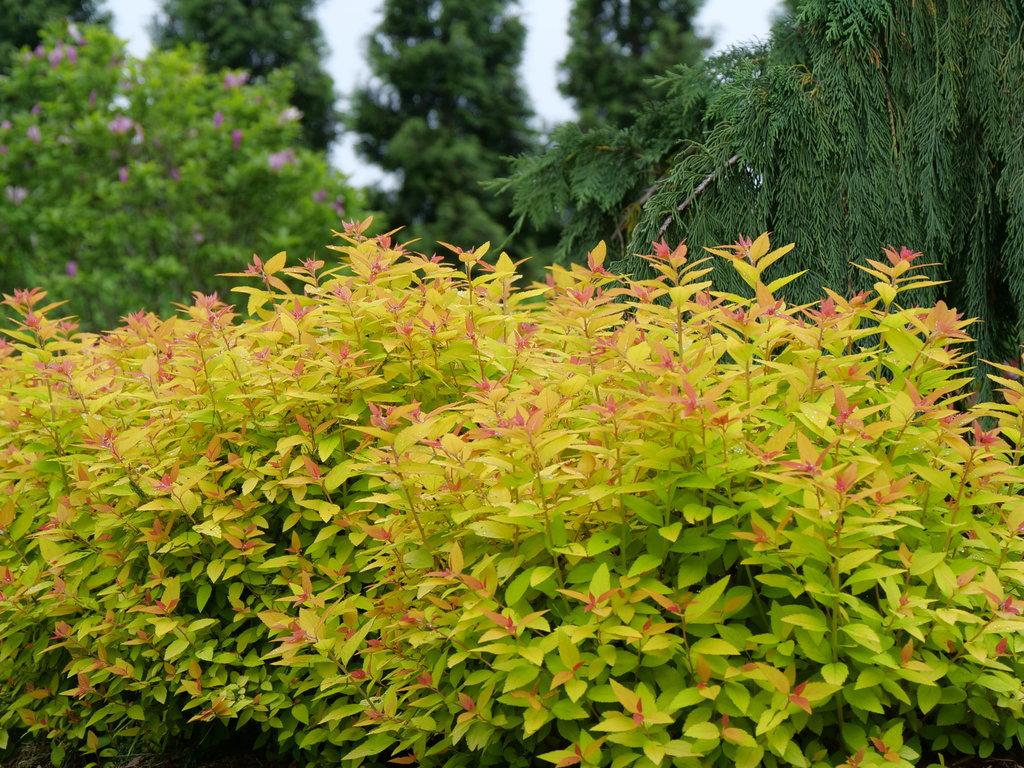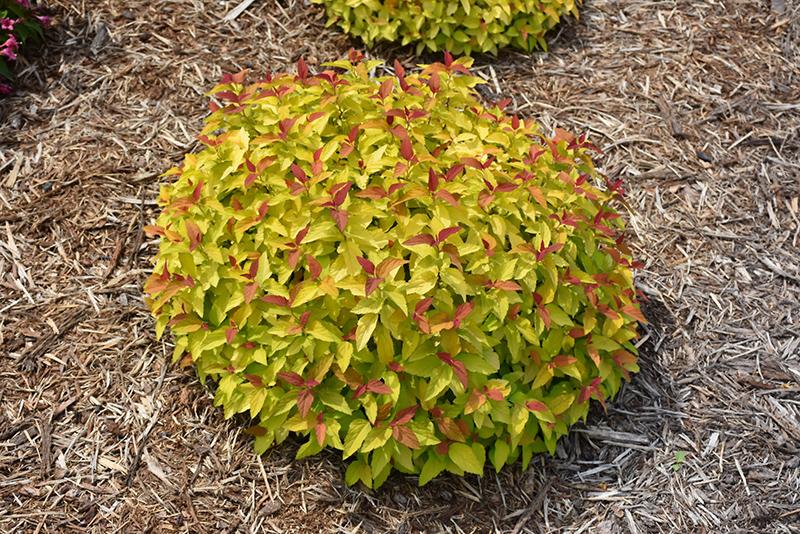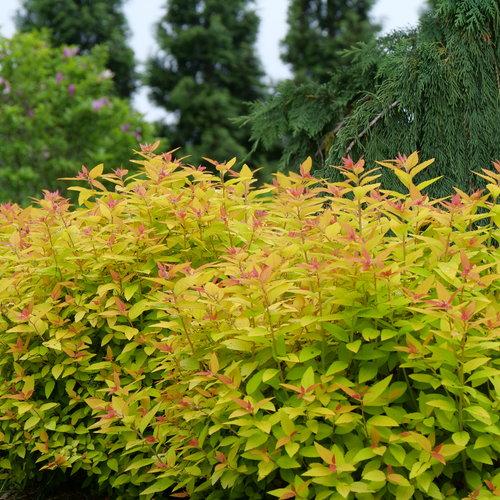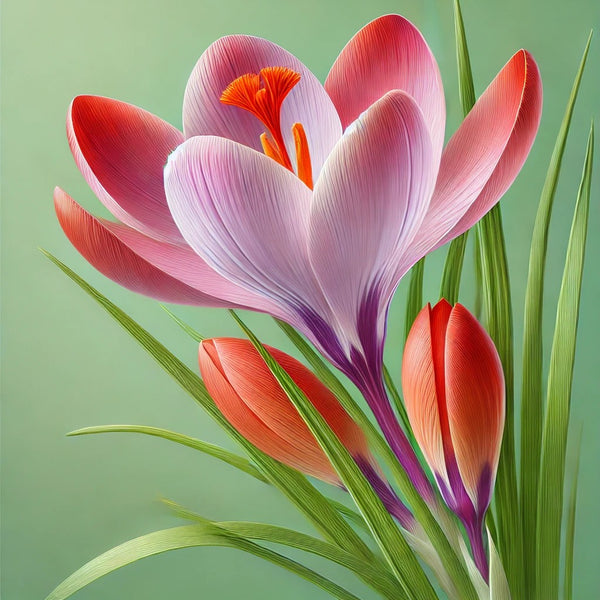1
/
of
19
Double Play Candy Corn–Japanese Spirea–Colorful foliage and blooms 3 Gallon
Double Play Candy Corn–Japanese Spirea–Colorful foliage and blooms 3 Gallon
Regular price
$156.00 USD
Regular price
$202.80 USD
Sale price
$156.00 USD
Unit price
/
per
Shipping calculated at checkout.
SKU:nsf7104-redcrocus
Couldn't load pickup availability
Spirea japonica 'Double Play Candy Corn'
Description
Spirea japonica 'Double Play Candy Corn' is a stunning deciduous shrub known for its vibrant foliage and colorful blooms. The leaves emerge in a bright candy apple red, transition to a golden yellow, and finally mature to a rich orange, providing a dynamic display throughout the growing season. In late spring to early summer, clusters of bright pink flowers add to its ornamental appeal.
Suggested Uses
This versatile shrub is perfect for borders, mass plantings, and as a colorful accent in garden beds. It can also be used in containers for patios and decks, adding a splash of color to any outdoor space.
Plant Details
-
 Botanical Name: Spirea japonica 'Double Play Candy Corn'
Botanical Name: Spirea japonica 'Double Play Candy Corn' -
 Common Name: Double Play Candy Corn' Japanese Spirea
Common Name: Double Play Candy Corn' Japanese Spirea -
 Size & Growth: 18-24 inches tall and wide
Size & Growth: 18-24 inches tall and wide -
 Hardiness Zones: 4-9
Hardiness Zones: 4-9 -
 Foliage Type: Deciduous
Foliage Type: Deciduous -
 Bloom Time: Late spring to early summer
Bloom Time: Late spring to early summer -
 Growth Rate: Moderate
Growth Rate: Moderate -
 Light Requirements: Full sun to partial shade
Light Requirements: Full sun to partial shade -
 Attracts Pollinators: Yes
Attracts Pollinators: Yes -
 Indoor Friendly: No
Indoor Friendly: No -
 Container Friendly: Yes
Container Friendly: Yes -
 Deer Resistant: Yes
Deer Resistant: Yes -
 Pet Warning: Non-toxic to pets
Pet Warning: Non-toxic to pets -
 Fragrant: No
Fragrant: No -
 Cut Flower: Yes
Cut Flower: Yes -
 Grows Well With: Roses, Lavender, and other sun-loving perennials
Grows Well With: Roses, Lavender, and other sun-loving perennials
Care Tips
-
 Planting Instructions: Plant in well-drained soil in a sunny location.
Planting Instructions: Plant in well-drained soil in a sunny location. -
 Soil Moisture: Keep soil consistently moist, especially during the first growing season.
Soil Moisture: Keep soil consistently moist, especially during the first growing season. -
 Soil Type: Prefers loamy, well-drained soil.
Soil Type: Prefers loamy, well-drained soil. -
 Humidity: Tolerates a range of humidity levels.
Humidity: Tolerates a range of humidity levels. -
 Pruning Instructions: Prune in late winter or early spring to maintain shape and encourage new growth.
Pruning Instructions: Prune in late winter or early spring to maintain shape and encourage new growth. -
 Winter Care: Mulch in colder zones to protect roots.
Winter Care: Mulch in colder zones to protect roots. -
 Planting Depth: Plant at the same depth as it was in the nursery container.
Planting Depth: Plant at the same depth as it was in the nursery container. -
 Fertilization: Fertilize in early spring with a balanced fertilizer.
Fertilization: Fertilize in early spring with a balanced fertilizer. -
 Special Care: Regularly check for aphids and treat if necessary.
Special Care: Regularly check for aphids and treat if necessary.
Share
